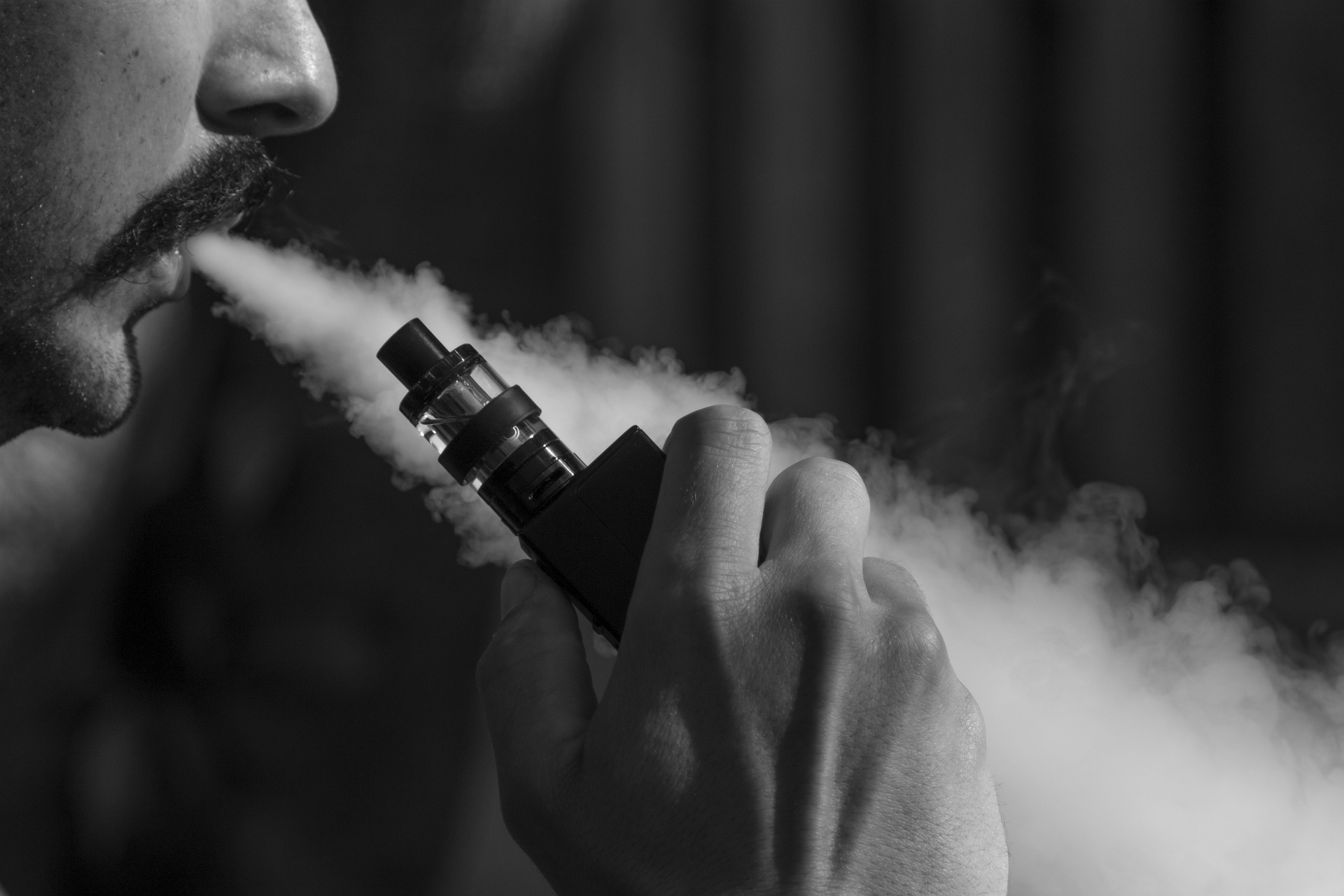The vaping and smoking industries are subject to various laws and regulations that aim to protect public health, ensure product safety, and mitigate potential risks associated with tobacco and electronic cigarette use.
Understanding the legal landscape surrounding vaping and smoking is crucial for both businesses and consumers.

In this comprehensive guide, we will explore the laws that regulate the world of vaping and smoking, providing valuable insights into the regulatory framework governing these industries.
Tobacco Control Laws
Tobacco control laws form the foundation of regulations pertaining to smoking. These laws focus on areas such as age restrictions for purchasing tobacco products, smoking in public places, advertising restrictions, packaging and labeling requirements, and taxation policies. These laws vary from country to country and even at the regional or local level. You might want to know are vape machines legal in Florida. We recommend you familiarize yourself with the specific tobacco control laws in your jurisdiction to ensure compliance and avoid penalties or legal consequences.
E-Cigarette Regulations
With the rise in the popularity of vaping, there has been a surge in regulations governing electronic cigarettes or e-cigarettes. These regulations encompass aspects such as age restrictions for purchasing e-cigarettes, product safety standards, marketing restrictions, ingredient disclosure, and packaging requirements. Some jurisdictions treat e-cigarettes as tobacco products, while others have separate regulations specific to vaping devices and e-liquids. Stay informed about the evolving e-cigarette regulations in your area to ensure compliance and uphold consumer safety.
Advertising and Marketing Restrictions
To protect public health and prevent the promotion of smoking or vaping to vulnerable populations, many jurisdictions have implemented strict advertising and marketing restrictions. These regulations may limit the use of certain promotional channels, such as television, radio, and billboards, for tobacco and vaping products. Additionally, restrictions may be in place regarding the use of appealing flavors, celebrity endorsements, and misleading claims in advertising. Familiarize yourself with these restrictions to ensure your marketing efforts align with the legal requirements and promote responsible practices.
Product Safety Standards
Ensuring the safety of vaping and smoking products is a significant concern for regulators. Product safety standards may cover aspects such as manufacturing processes, quality control, ingredient disclosure, nicotine concentration limits, and child-resistant packaging. Compliance with these standards helps protect consumers from potential health hazards and ensures the integrity of the industry. Stay updated on the specific product safety standards applicable to vaping and smoking products in your jurisdiction to ensure that your business operates within the legal framework and prioritizes consumer safety.
Public Smoking Bans
Public smoking bans are implemented to protect individuals from the harmful effects of secondhand smoke and create smoke-free environments in public spaces. These bans vary across jurisdictions, but they typically restrict or prohibit smoking in areas such as indoor workplaces, restaurants, bars, parks, public transportation, and other shared spaces. The purpose of these regulations is to promote public health, reduce exposure to tobacco smoke, and create a healthier environment for all individuals. Compliance with public smoking bans is important to ensure the well-being of the community and to avoid penalties or legal consequences associated with violating these regulations.
The vaping and smoking industries are subject to a range of laws and regulations aimed at protecting public health, ensuring product safety, and reducing potential risks associated with tobacco and e-cigarette use. Understanding and adhering to these regulations is essential for businesses and consumers alike. By familiarizing yourself with tobacco control laws, e-cigarette regulations, advertising and marketing restrictions, and product safety standards, you can navigate the legal landscape and promote responsible practices within the world of vaping and smoking.






